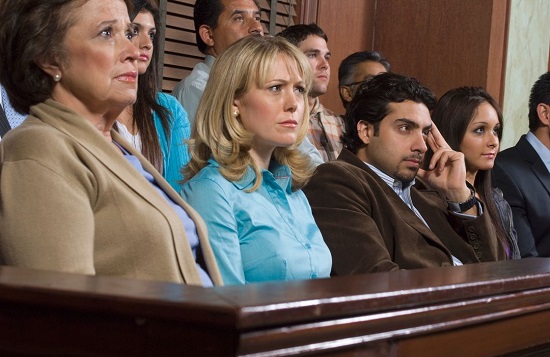I tell my clients that when you file a lawsuit your life (past and present) is an open book. Since we are the party that has filed the lawsuit, the insurance company/defense has an opportunity to look into your past and to gain access to anything and everything from your past that points to prior injuries or physical issues that you have had at any point in your life.
What The Insurance Company Can Do
In addition, the insurance company has the right to look into your social media presence both before and after the accident at issue. Likewise, an insurance company can have you followed or “surveilled” to see what you do on a daily basis. The insurance company will then compare their surveillance to your written answers to questions regarding your injuries and your ability to perform your activities of daily living. The insurance company will also look to your deposition testimony to find out if you have lied about what you do or if you are willing to do things after your deposition that you have testified that you cannot do.
Revealing Your Life on Social Media
Nowadays, many individuals, including our clients, have decided to make much of their lives (activities/location etc) public by posting information and pictures on social media. This can be both good and bad.
On one hand, if you have a clear history of your activities of daily living before the accident by regularly posting on social media, the insurance company will be able to see what your level of activity was before the accident issue. This will be undeniable because these posts obviously existed before your accident even took place.
On the other hand, things that you have posted after the accident will be used against you if they are inconsistent with what you have testified to. This includes places that you have visited and physical activities.
What May Be Used Against You
Many people post only the positive aspects of their lives. So, after an accident, you may have a good day and want to post a picture of yourself and your family at the park for example. After all, you feel positive that day and you want to post a picture about what a great day you had with your family. It may very well be the truth that this is the first time that you had a good day since your accident. However, the insurance company will use this against you and try to portray you as living the same life you did after the accident as you did before the accident because you look so happy and physically capable because of that one social media post.
Some Cases Can Get De-Valued By Client Social Media Content
It is important to realize that the value of many great cases has been greatly reduced by social media posts and surveillance following an accident. Here are some examples:
Case Example 1
My law firm handled a case within the last 10 years in which the defense attorney came in and immediately began to ask our client about her level activity following the accident. I thought this was unusual and I could see that the insurance company had been surveilling my client. I felt comfortable knowing that I had prepared my client thoroughly and instructed her to testify truthfully as we had nothing to hide. He went on to question my client in great detail about whether or not she had been cutting the grass, trimming the grass and edging the sidewalk. My client denied that she does any sort of physical labor, specifically grass cutting activities. He immediately ended the deposition after only 15 minutes of questioning and gave me a copy of the surveillance. She had been, not 48 hours earlier, doing exactly what she denied that she had been doing. This was fatal to her case and the case was ultimately dismissed with my client receiving nothing.
Please note that there would have been nothing severely detrimental about my client maintaining her lawn following the accident. However, her bold willingness to lie directly in the face of the insurance company attorney for what she thought would be her own personal gain was fatal to her otherwise legitimate case.
Case Example 2
In another case, our client indicated that he was unable to perform his activities of daily living such as taking out the garbage or cleaning up around the house. He had indicated that his social life was nonexistent and that he could no longer go anywhere with his children and have a good time. Unfortunately, our client had recently posted pictures of himself and his children at a local waterpark. This post included video of him swimming and going down waterslides with his children on an innertube. Again, enjoying your life after the accident is not fatal to your case, but lying about what you are or are not able to do will be fatal to your credibility and can ruin your ability to recover money damages.
To an insurance company, lack of credibility and indications of lying are very detrimental to the value of your case because it has been proven over the last 100 years that juries will not reward dishonest behavior at time at the time of trial.
Why Telling The Truth Matters
The key to surveillance and social media is to tell the truth. Do not testify to things that you cannot do that you clearly have been doing. Likewise, do not deny that you did things that are clearly documented in your prior social media post. Your case will not get significantly better or worse if you admit that you can carry a 5 pound gallon of milk. However, if it is shown that you lie about carrying a 5 pound gallon of milk and it is ultimately shown that you are regularly carrying a 5 pound gallon of milk that will be very detrimental to the value of your case.
Anything you do in public or put on social media can be used to discredit you later in your lawsuit. Be honest with your lawyer and in your deposition about the things you can and cannot do following an accident.
Having The Right Personal Injury Attorney Matters
You need a lawyer who is experienced in handling injury cases. Surveillance and social media stalking are common tactics used by every insurance company. Femminineo Law takes on the insurance companies and will fight on your behalf. If you have been injured, call 855.65.CRASH or contact us to get your case started now.



